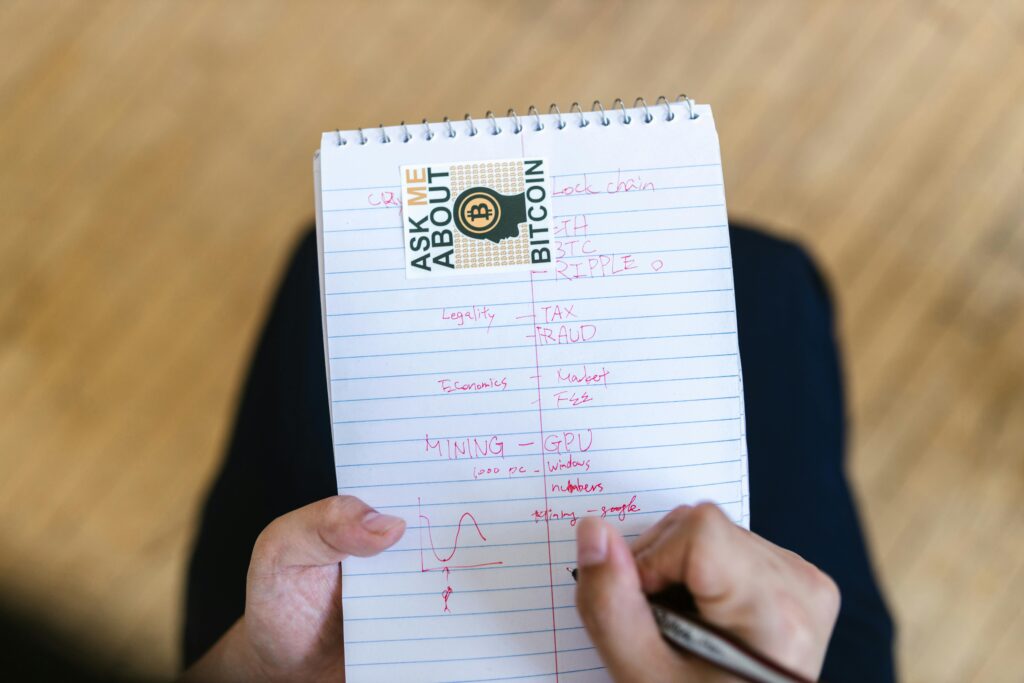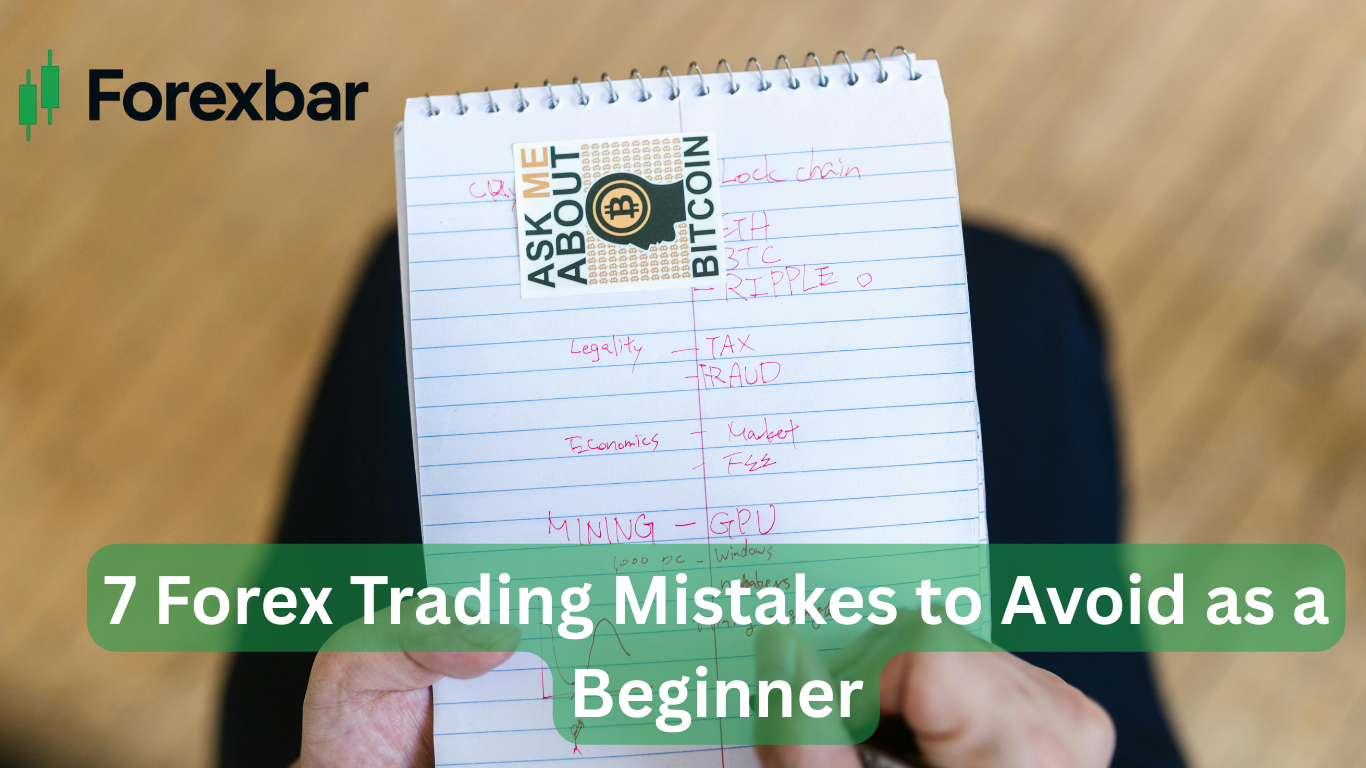7 Forex Trading Mistakes to Avoid as a Beginner
Forex Trading Mistakes. Starting your forex trading journey is exciting, but it can also be overwhelming. Many new traders jump in with big dreams of quick profits, only to realize the market isn’t as simple as it looks. The truth is, forex trading requires patience, strategy, and discipline.
If you’re a beginner, avoiding common mistakes can save you time, money, and frustration. In this guide, we’ll explore 7 forex trading mistakes to avoid as a beginner, along with practical tips to help you trade smarter.

Why Beginners Often Struggle in Forex
When you first start trading forex, it’s natural to be eager and optimistic. But without proper guidance, many traders fall into traps that could have been avoided with a bit of education and planning.
Think of it like learning to drive: you wouldn’t jump on the highway without first understanding traffic rules. Forex is no different—trading without preparation can be costly.
1. Trading Without a Plan
One of the biggest mistakes beginners make is trading without a solid plan. Jumping into trades based on emotions or random tips is like sailing without a compass—you’ll get lost.
A trading plan should include:
- Your trading goals (short-term and long-term).
- Entry and exit rules.
- Risk management strategies.
- The amount of capital you’re willing to risk.
Example: Imagine you’re going on a road trip. Would you start driving without knowing your destination? Probably not. Similarly, trading without a plan usually leads to losses.
2. Ignoring Risk Management
New traders often focus only on profits and forget about protecting their capital. Risk management is what keeps you in the game long enough to learn and grow.
Tips for better risk management:
- Never risk more than 1–2% of your trading account on a single trade.
- Always set stop-loss orders to limit potential losses.
- Diversify trades instead of putting all your money into one currency pair.
Without risk management, even a few losing trades can wipe out your account.
3. Overtrading
Excitement often pushes beginners to trade too frequently. Overtrading happens when you enter trades without strong signals or when you chase every market move.
Why it’s dangerous:
- More trades mean higher transaction costs (spreads/commissions).
- It leads to emotional trading and poor decision-making.
- Increases stress and burnout.
Think of forex like fishing: you don’t cast your net every second; you wait patiently for the right moment.
4. Trading Based on Emotions
Fear and greed are the two emotions that ruin most traders. Beginners often panic when trades go against them or get greedy after small wins and risk too much.
How to avoid emotional trading:
- Stick to your trading plan no matter what.
- Keep a trading journal to track decisions and emotions.
- Accept losses as part of the learning process.
Remember, discipline beats emotions every time.
5. Ignoring Fundamental and Technical Analysis
Some beginners rely only on tips from social media or signals without understanding the market. This is a huge mistake.
Successful traders use a mix of:
- Technical analysis (charts, indicators, patterns).
- Fundamental analysis (economic news, interest rates, global events).
Example: If the U.S. Federal Reserve raises interest rates, the U.S. dollar often strengthens. Ignoring such events can lead to wrong trades.
6. Choosing the Wrong Forex Broker
Your broker is your gateway to the forex market. Choosing an unreliable broker can cause poor trade execution, high fees, or even scams.
Tips to choose the right broker:
- Ensure the broker is regulated by a trusted authority (like FCA, ASIC, or CySEC).
- Compare spreads and fees.
- Check trading platforms (MT4, MT5, or cTrader).
- Look for good customer support.
To learn more, check out our guide: How to Select the Best Forex Broker for Low Fees.
7. Expecting Quick Profits
The biggest trap in forex trading is thinking you’ll get rich overnight. Many beginners blow their accounts chasing “get-rich-quick” dreams.
Reality check:
- Forex is not gambling—it’s a skill.
- Professional traders spend years mastering strategies.
- Consistent small profits are better than chasing big wins.
Trading is a marathon, not a sprint. Patience pays.
Quick Recap: Mistakes to Avoid
Here’s a summary of the 7 forex trading mistakes beginners should avoid:
- Trading without a plan.
- Ignoring risk management.
- Overtrading.
- Trading based on emotions.
- Ignoring analysis.
- Choosing the wrong broker.
- Expecting quick profits.
Avoiding these mistakes can set you on the path to long-term success.
Final Thoughts
Forex trading offers great opportunities, but only for those who approach it wisely. By avoiding common mistakes, building a solid trading plan, and staying disciplined, you’ll increase your chances of success.
What about you? Have you made any of these mistakes in your trading journey? Share your experiences in the comments below—we’d love to hear your story!
Also, don’t miss our related guides:
- Fundamental Analysis in Forex: What Every Trader Needs
- Technical vs Fundamental Forex Analysis: Which Wins
- Free Forex Signals: How They Work + Pros & Cons
- Best Forex Indicators to Watch on MT4/MT5
FAQs: Forex Trading Mistakes for Beginners
1. Can I start trading forex with no experience?
Yes, but it’s risky. Beginners should start with demo accounts before trading real money.
2. How much money should I start with in forex trading?
It depends on your broker, but starting with at least $100–$500 helps you manage trades better.
3. Is forex trading gambling?
No. Forex trading is based on analysis, strategy, and risk management. Gambling relies on luck, while trading requires skill.
4. What’s the safest way to avoid losses in forex?
You can’t avoid all losses, but you can reduce them with stop-loss orders, risk management, and proper analysis.
5. Should I use free forex signals as a beginner?
They can help, but relying only on signals is risky. Learn to analyze markets yourself while using signals as guidance.
